Home>Gardening & Outdoor>Outdoor Recreation & Activities>What Is A Good Temperature For A Swimming Pool
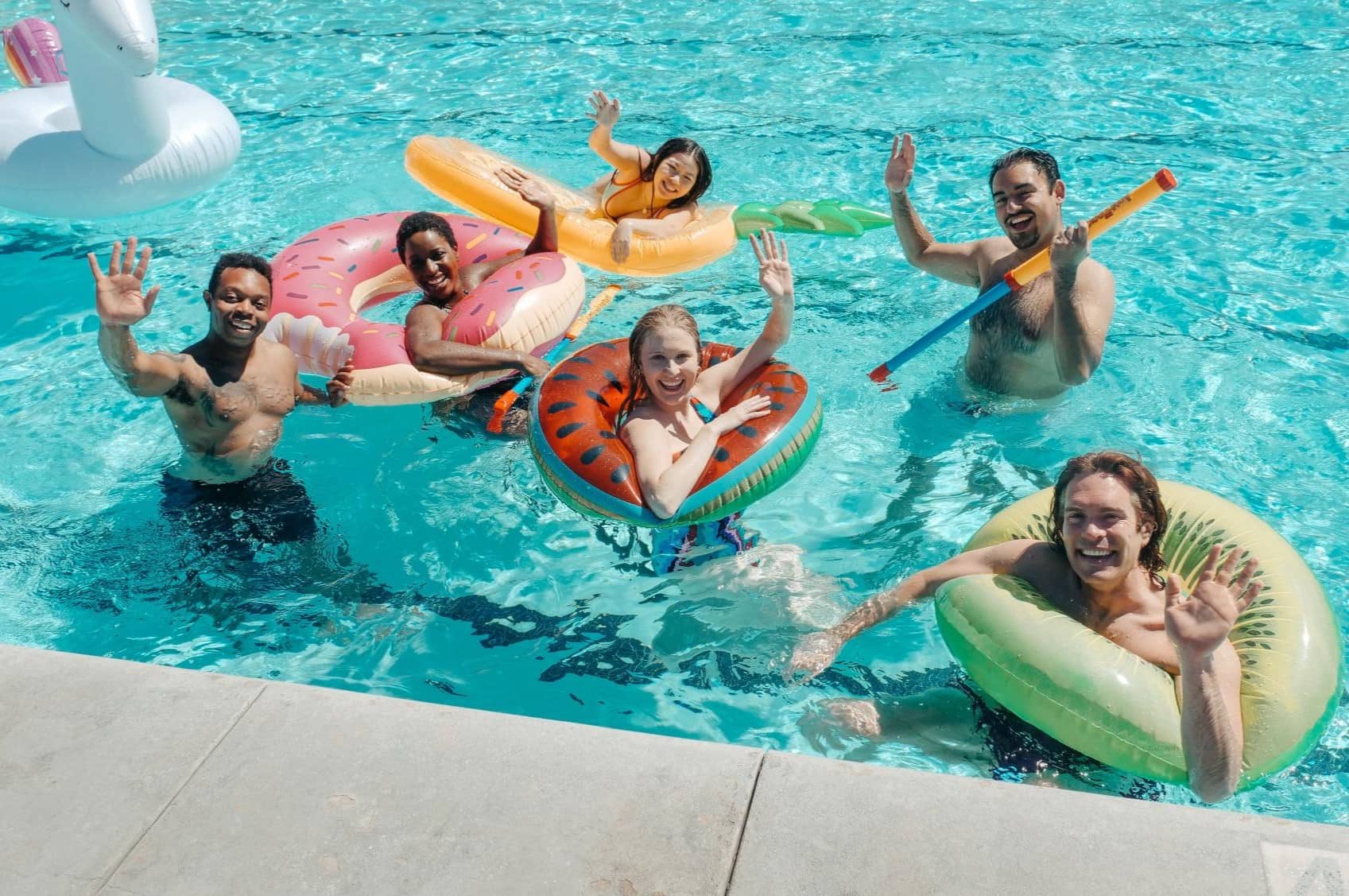

Outdoor Recreation & Activities
What Is A Good Temperature For A Swimming Pool
Published: February 18, 2024
Discover the ideal swimming pool temperature for ultimate outdoor recreation and activities. Learn how to maintain a comfortable and enjoyable pool environment.
(Many of the links in this article redirect to a specific reviewed product. Your purchase of these products through affiliate links helps to generate commission for Storables.com, at no extra cost. Learn more)
Introduction
When it comes to enjoying a refreshing dip in a swimming pool, the temperature of the water plays a crucial role in determining the overall experience. Whether you're a casual swimmer, a dedicated athlete, or simply someone seeking relaxation, the ideal pool temperature can significantly enhance your enjoyment and comfort. Understanding the factors that influence pool temperature and knowing the optimal temperature for various swimming activities can help you make the most of your aquatic experiences.
The temperature of a swimming pool is not just a matter of personal preference; it also impacts the safety and well-being of swimmers. Factors such as weather conditions, geographical location, and the type of pool all contribute to the temperature of the water. Additionally, the intended use of the pool, whether for leisurely swimming, aquatic exercise, or competitive training, also influences the ideal temperature.
In this comprehensive guide, we will delve into the various factors that affect pool temperature, explore the optimal temperature for different types of swimming activities, and provide valuable tips for maintaining the right pool temperature. By the end of this article, you will have a deeper understanding of the crucial role that temperature plays in the swimming experience, empowering you to make informed decisions about pool temperature management. So, let's dive in and explore the fascinating world of swimming pool temperatures!
Key Takeaways:
- Find the Perfect Temperature: For leisurely swimming, aim for 78-82°F; aquatic exercise, 82-88°F; competitive training, 78-80°F; and water sports, 78-80°F. The right temperature enhances comfort and safety for all activities.
- Keep It Just Right: Maintain the ideal pool temperature by using efficient heating systems, pool covers, strategic sun exposure, proper circulation, and energy-efficient solutions. Balance comfort, sustainability, and enjoyment for swimmers of all ages and skill levels.
Read more: What Temperature Is A Swimming Pool
Factors Affecting Pool Temperature
The temperature of a swimming pool is influenced by a myriad of factors, each playing a significant role in determining the overall warmth or coolness of the water. Understanding these factors is essential for maintaining an optimal and comfortable swimming environment. Let's explore the key elements that affect pool temperature:
-
Climate and Weather Conditions: The ambient temperature and weather patterns in the pool's location have a direct impact on its water temperature. In warmer climates, the pool water tends to naturally retain heat, resulting in higher temperatures. Conversely, in cooler regions, the water temperature may require additional heating to reach comfortable levels, especially during colder months.
-
Sun Exposure: The amount of direct sunlight that a pool receives can greatly influence its temperature. Pools exposed to ample sunlight tend to absorb and retain heat, leading to warmer water temperatures. Conversely, pools situated in shaded areas or those with limited sun exposure may have cooler water, especially during early morning or late evening hours.
-
Pool Insulation and Cover: The design and insulation of the pool, as well as the use of covers, play a crucial role in temperature regulation. Well-insulated pools with high-quality covers can help retain heat, preventing excessive heat loss during cooler periods and reducing the need for constant heating.
-
Heating Systems: The type and efficiency of the pool heating system significantly impact water temperature. Whether it's a traditional gas heater, electric heat pump, solar heating, or geothermal system, the heating method chosen can affect the speed at which the water reaches the desired temperature and its ability to maintain it consistently.
-
Water Circulation and Filtration: Proper water circulation and filtration not only ensure water clarity and cleanliness but also contribute to temperature distribution. Efficient circulation helps in dispersing heated water evenly throughout the pool, preventing localized temperature variations.
-
Pool Depth and Size: The depth and overall size of the pool can influence its temperature. Deeper pools tend to have cooler water at the bottom due to reduced exposure to sunlight, while smaller pools may experience quicker temperature fluctuations compared to larger ones.
Understanding these factors is crucial for pool owners and operators, as they provide valuable insights into the dynamics of pool temperature regulation. By considering these elements, it becomes possible to make informed decisions regarding heating, insulation, and maintenance, ultimately ensuring a comfortable and enjoyable swimming experience for all.
Ideal Temperature for Different Types of Swimming Activities
The ideal temperature for a swimming pool is not a one-size-fits-all concept; rather, it varies based on the specific activities taking place in the water. Different types of swimming activities, such as leisurely swimming, aquatic exercise, and competitive training, each have distinct temperature preferences to ensure the comfort and safety of participants. Understanding these preferences is essential for creating an optimal swimming environment tailored to the intended use of the pool.
-
Leisurely Swimming: For casual or leisurely swimming activities, the ideal pool temperature typically ranges between 78°F to 82°F (25.5°C to 28°C). This temperature range provides a comfortable and relaxing experience for swimmers of all ages. Warmer water temperatures are particularly suitable for individuals who prefer a more soothing and leisurely aquatic experience, allowing them to comfortably stay in the water for extended periods without feeling chilled.
-
Aquatic Exercise and Therapy: Swimming pools used for aquatic exercise and therapy purposes often benefit from slightly warmer water temperatures. The ideal range for these activities typically falls between 82°F to 88°F (28°C to 31°C). The increased warmth helps in promoting muscle relaxation, flexibility, and overall comfort during exercise routines and therapeutic sessions. It also minimizes the risk of muscle cramps and discomfort, making the water conducive to low-impact workouts and rehabilitation programs.
-
Competitive Training and Lap Swimming: When it comes to competitive swimming and lap training, swimmers generally prefer cooler water temperatures to prevent overheating during intense physical exertion. The ideal temperature for competitive training and lap swimming ranges between 78°F to 80°F (25.5°C to 26.5°C). Cooler water not only helps in regulating body temperature during vigorous workouts but also provides a refreshing and invigorating environment for swimmers aiming for speed and endurance.
-
Diving and Water Sports: For activities such as diving and water sports, maintaining a slightly cooler pool temperature is beneficial. The recommended range for these activities typically falls between 78°F to 80°F (25.5°C to 26.5°C). The cooler water temperature enhances alertness and responsiveness, crucial factors for participants engaging in dynamic water-based sports and activities.
By aligning the pool temperature with the specific needs of different swimming activities, pool owners and operators can create an inclusive and accommodating environment for swimmers of varying preferences and skill levels. Whether it's for relaxation, exercise, or competitive training, the right pool temperature contributes significantly to the overall enjoyment and effectiveness of aquatic pursuits.
Tips for Maintaining the Right Pool Temperature
Maintaining the optimal temperature in a swimming pool is essential for ensuring a comfortable and enjoyable experience for swimmers. Whether it's adjusting the temperature for specific activities or managing fluctuations due to external factors, here are valuable tips for effectively regulating and maintaining the right pool temperature:
1. Invest in Efficient Heating Systems
Selecting a high-quality and energy-efficient heating system is paramount for maintaining the desired pool temperature. Consider options such as electric heat pumps, solar heating, or geothermal systems, which offer sustainable and cost-effective ways to heat the pool water. Regular maintenance and servicing of the heating equipment are crucial to ensure optimal performance and energy efficiency.
2. Utilize Pool Covers
Utilizing pool covers when the pool is not in use can significantly reduce heat loss and evaporation, helping to maintain the water temperature. Whether it's a traditional thermal cover or an automatic pool cover, investing in a suitable cover can minimize heat dissipation, especially during cooler evenings or windy days.
3. Optimize Sun Exposure
Strategic placement of the pool to maximize sun exposure can naturally elevate the water temperature. Additionally, planting trees or installing structures to provide shade during peak sunlight hours can help prevent excessive heating, ensuring a balanced and comfortable pool temperature throughout the day.
4. Implement Efficient Circulation and Filtration
Proper water circulation and filtration not only maintain water clarity but also contribute to temperature distribution. Regularly clean and maintain the pool's filtration system to ensure efficient water circulation, preventing temperature stratification and localized cold spots.
5. Monitor and Adjust as Needed
Regularly monitor the pool water temperature using a reliable thermometer and make adjustments as necessary to align with the intended activities. Whether it's manually adjusting the heating system or fine-tuning the pool cover usage, proactive monitoring allows for precise temperature management based on changing environmental conditions and user preferences.
6. Consider Geothermal Heating
Exploring geothermal heating options can provide a sustainable and environmentally friendly solution for maintaining the pool temperature. By harnessing the natural heat from the earth, geothermal systems offer a consistent and efficient way to keep the pool water comfortably warm, reducing reliance on traditional heating methods.
7. Opt for Energy-Efficient Solutions
Incorporate energy-efficient practices such as using LED pool lighting, which generates minimal heat compared to traditional lighting, reducing the overall energy consumption and heat output in the pool area. Additionally, consider installing energy-efficient pumps and equipment to minimize energy usage while maintaining the desired pool temperature.
8. Seek Professional Guidance
Consulting with pool maintenance professionals and heating system experts can provide valuable insights and recommendations for optimizing the pool temperature. Professionals can offer tailored solutions based on the specific characteristics of the pool and its surroundings, ensuring efficient temperature management while minimizing energy costs.
By implementing these tips, pool owners and operators can effectively maintain the right pool temperature, creating a welcoming and comfortable aquatic environment for swimmers to enjoy a wide range of activities throughout the year. From energy-efficient heating solutions to proactive temperature monitoring, these strategies contribute to a sustainable and enjoyable swimming experience for all.
Conclusion
In conclusion, the temperature of a swimming pool is a critical factor that significantly influences the overall swimming experience. By understanding the diverse factors that affect pool temperature, including climate, sun exposure, insulation, heating systems, water circulation, and pool size, pool owners and operators can make informed decisions to create an optimal swimming environment. Whether it's for leisurely swimming, aquatic exercise, competitive training, or water sports, the ideal pool temperature varies based on the specific activities taking place in the water.
Maintaining the right pool temperature requires a combination of strategic planning, efficient heating systems, utilization of pool covers, optimization of sun exposure, and proactive monitoring and adjustments. By investing in energy-efficient heating solutions, implementing sustainable practices, and seeking professional guidance, pool owners can ensure a comfortable and enjoyable swimming environment while minimizing energy costs and environmental impact.
Ultimately, the goal of maintaining the right pool temperature is to provide swimmers of all ages and skill levels with a welcoming and accommodating aquatic space. Whether it's a serene oasis for relaxation, a therapeutic environment for rehabilitation, or a dynamic arena for competitive training, the optimal pool temperature plays a pivotal role in enhancing the overall swimming experience.
As we navigate the complexities of pool temperature management, it's essential to prioritize the comfort, safety, and satisfaction of swimmers. By embracing sustainable heating solutions, leveraging natural elements such as sunlight, and implementing efficient temperature regulation practices, pool owners can create a harmonious balance between environmental responsibility and exceptional aquatic experiences.
In essence, the journey towards maintaining the right pool temperature is a multifaceted endeavor that intertwines technological innovation, environmental consciousness, and a deep understanding of the diverse needs of swimmers. By embracing these principles, we can ensure that every plunge into the pool is met with the perfect blend of warmth, comfort, and rejuvenation, enriching the lives of swimmers and creating lasting memories in the shimmering embrace of the water.
Frequently Asked Questions about What Is A Good Temperature For A Swimming Pool
Was this page helpful?
At Storables.com, we guarantee accurate and reliable information. Our content, validated by Expert Board Contributors, is crafted following stringent Editorial Policies. We're committed to providing you with well-researched, expert-backed insights for all your informational needs.
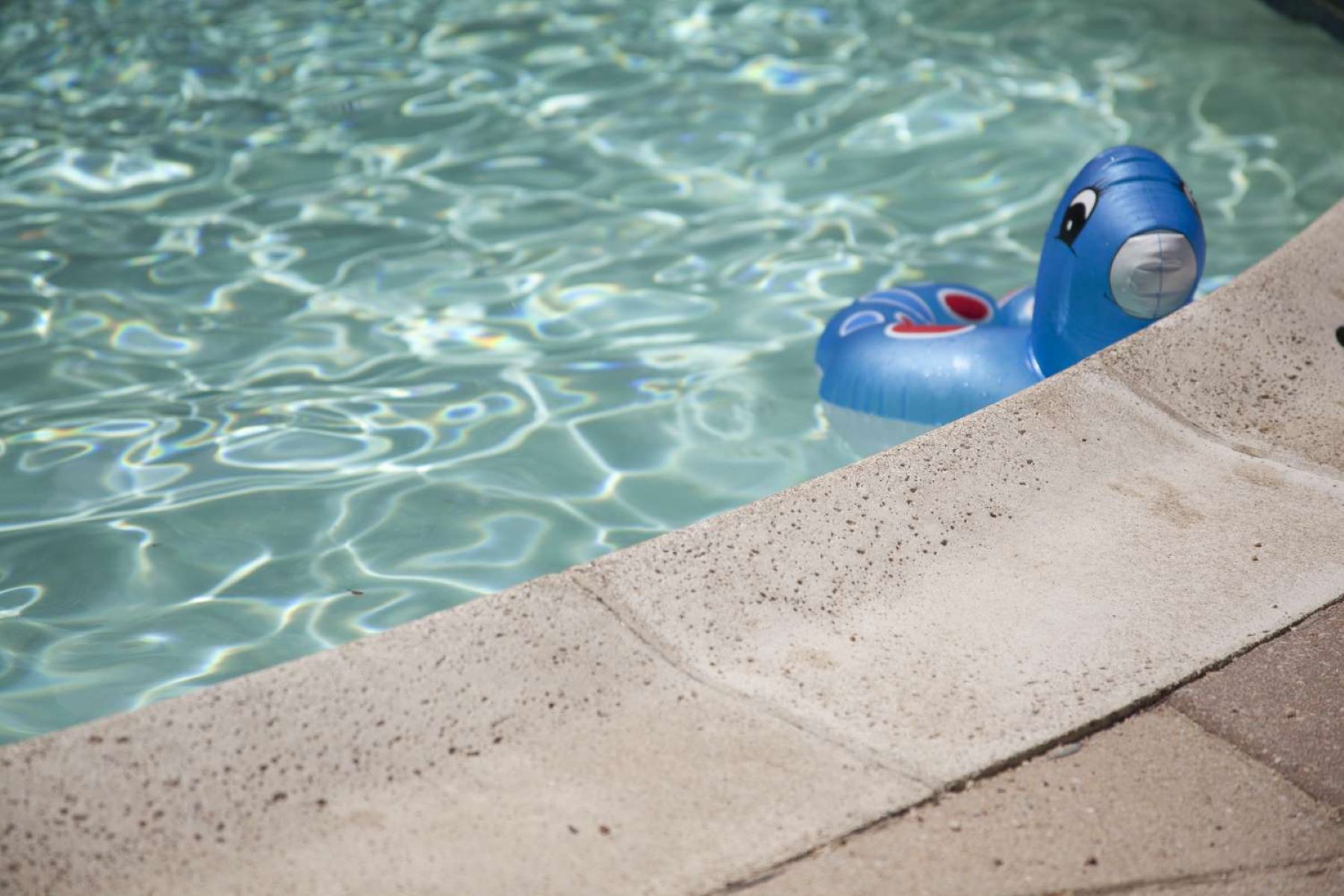
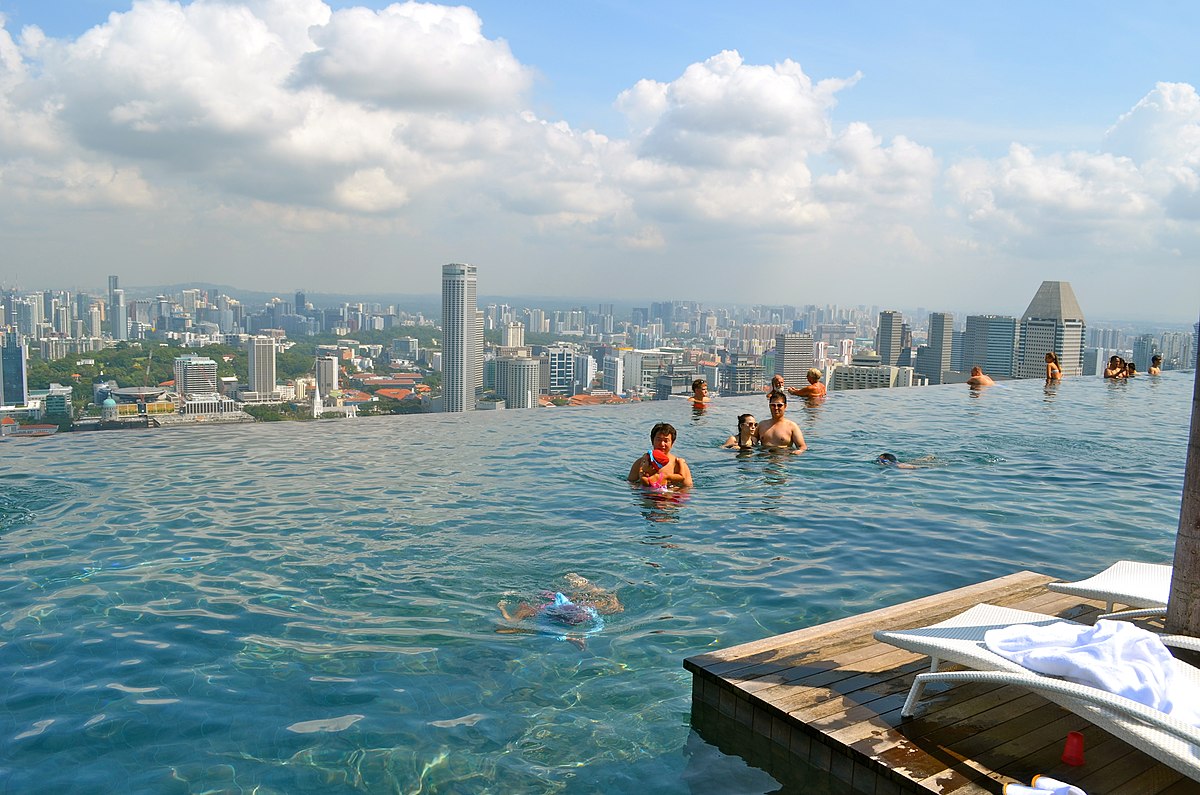
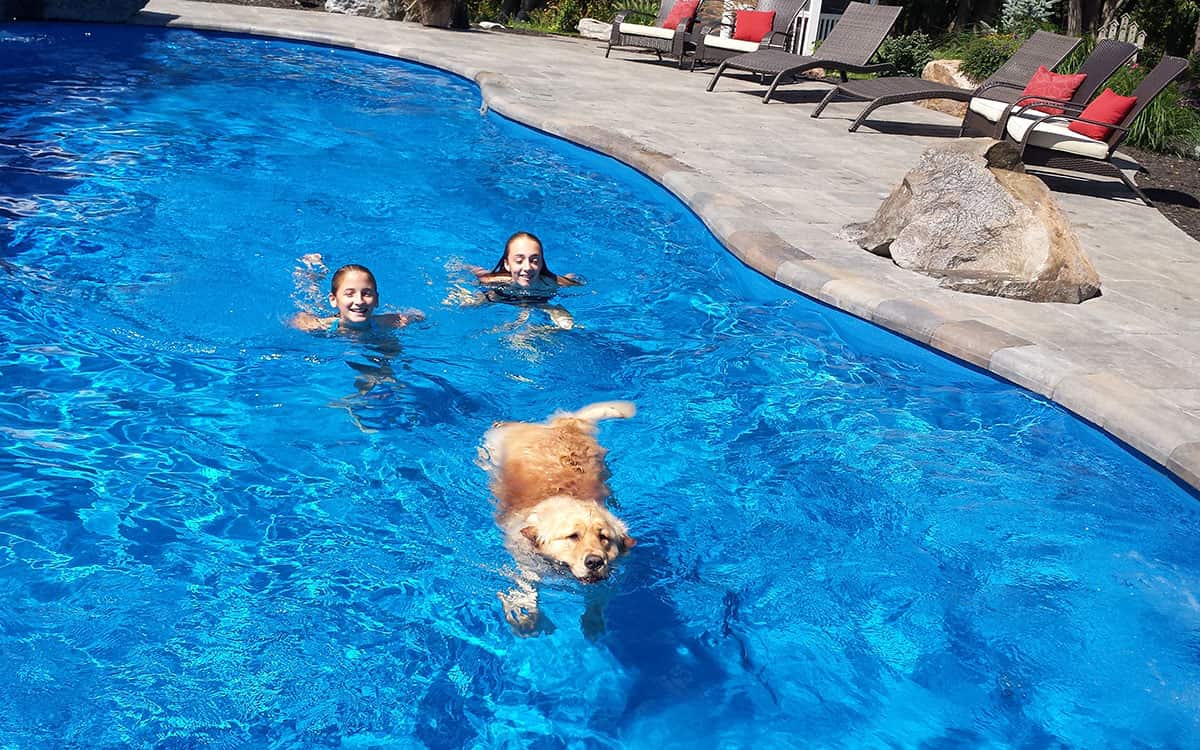
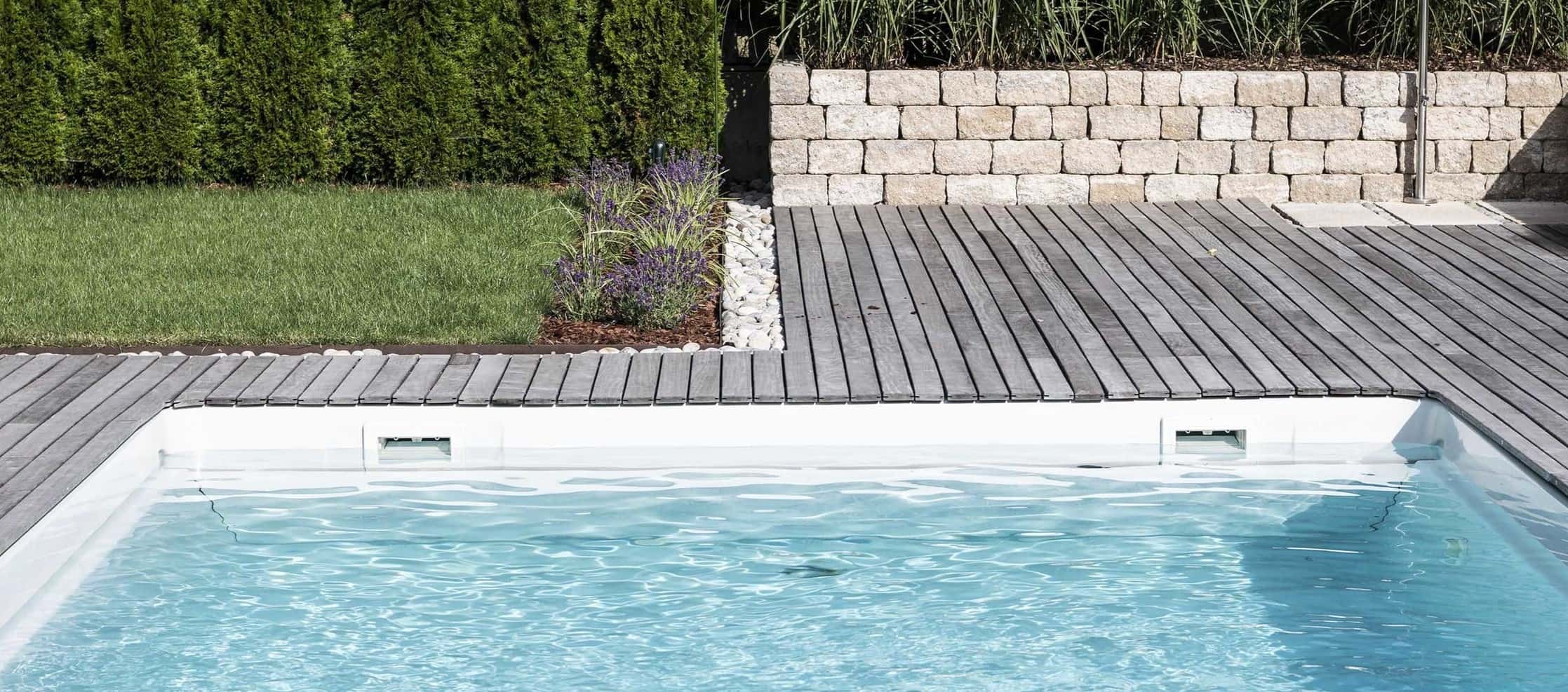
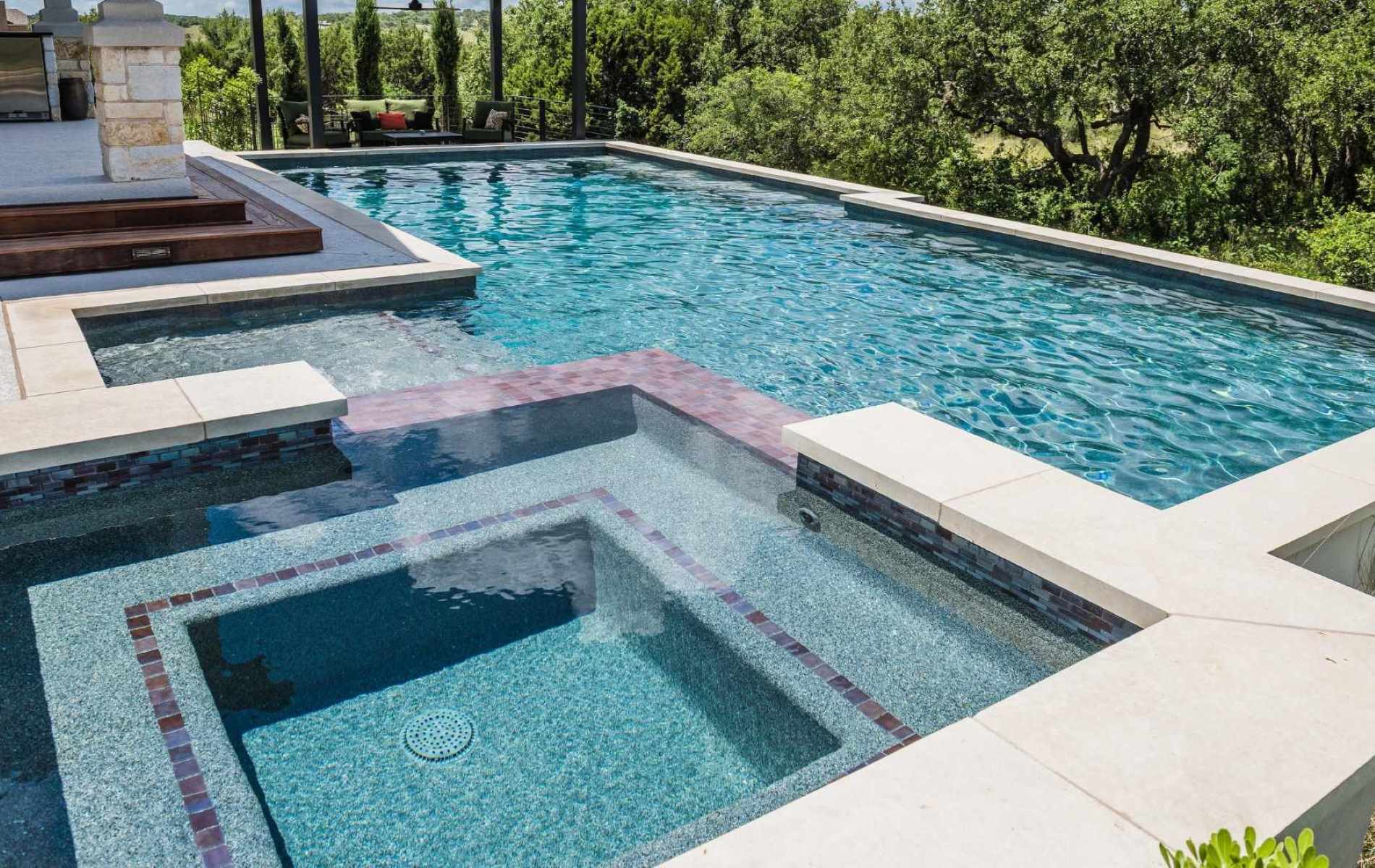
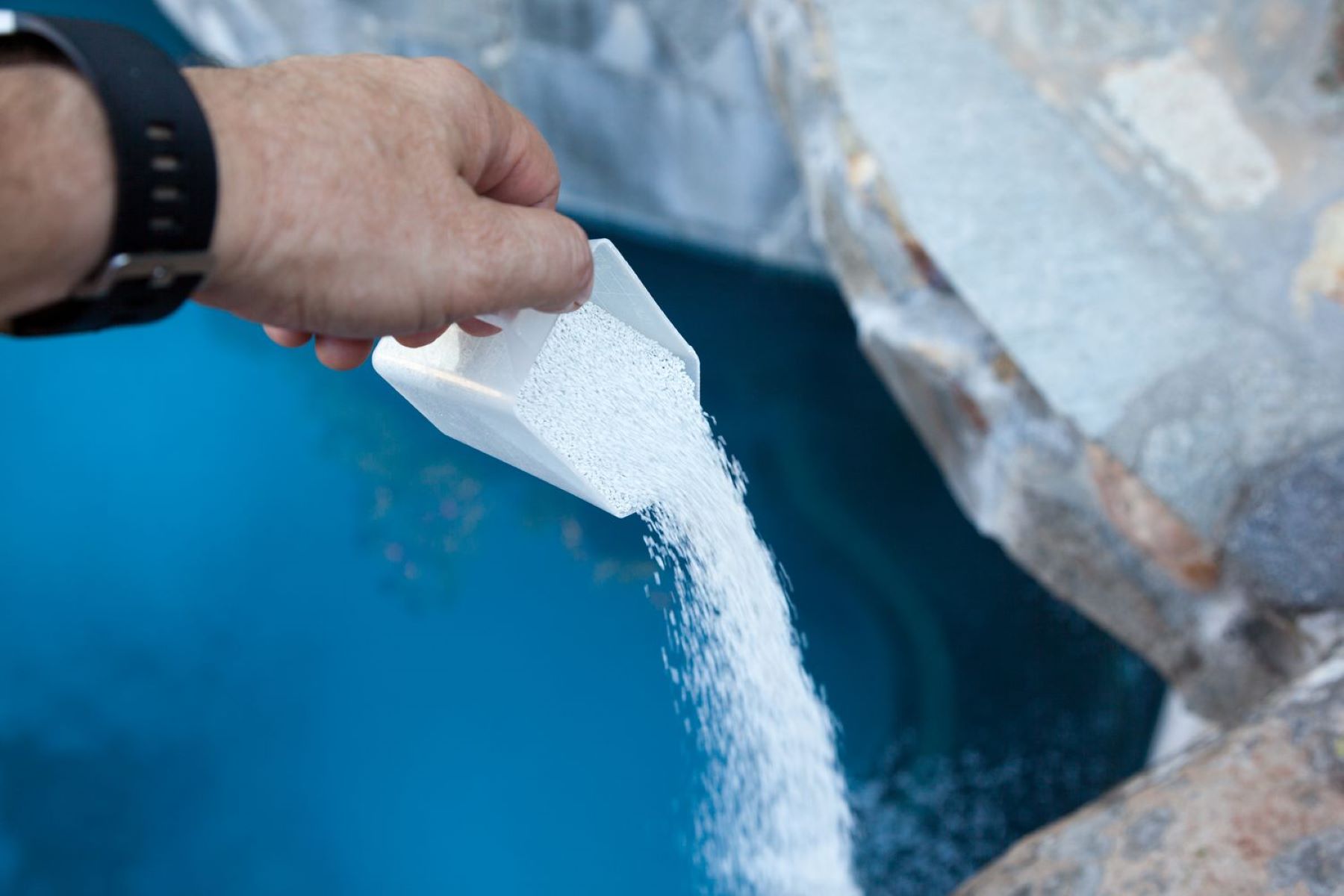
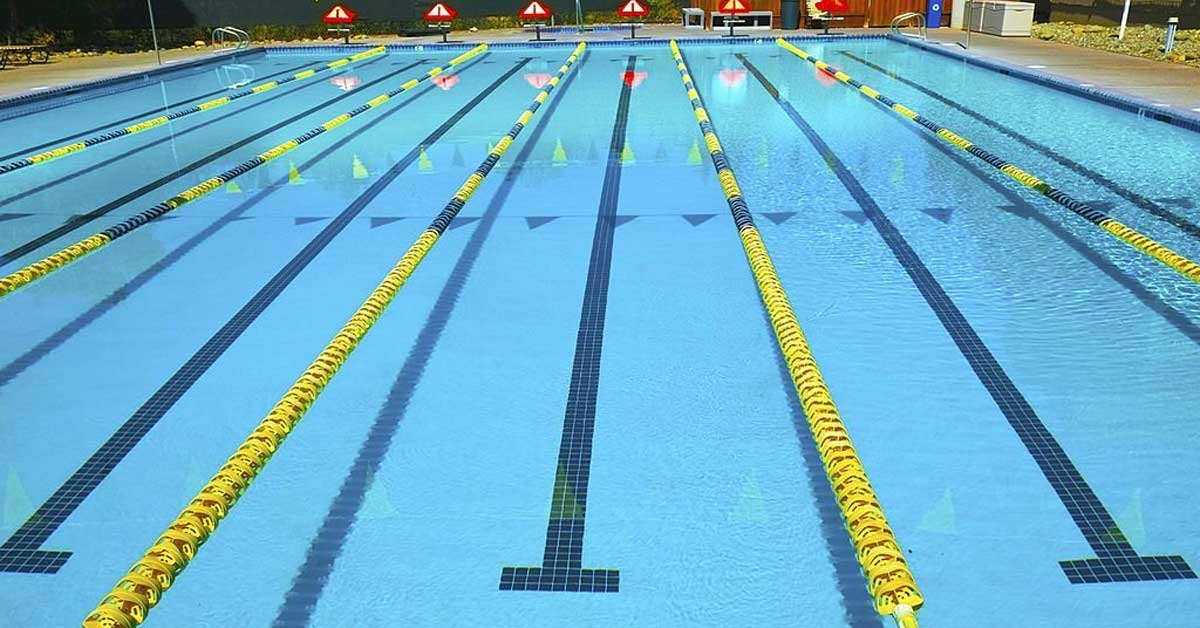
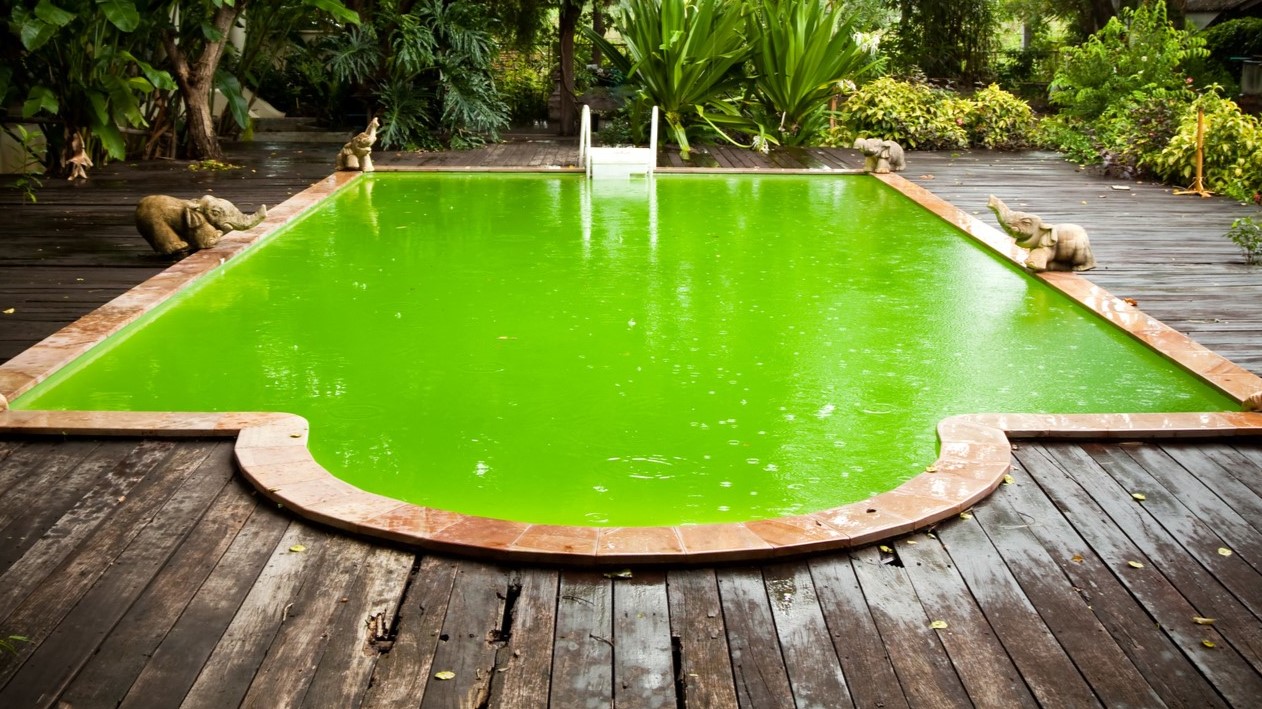
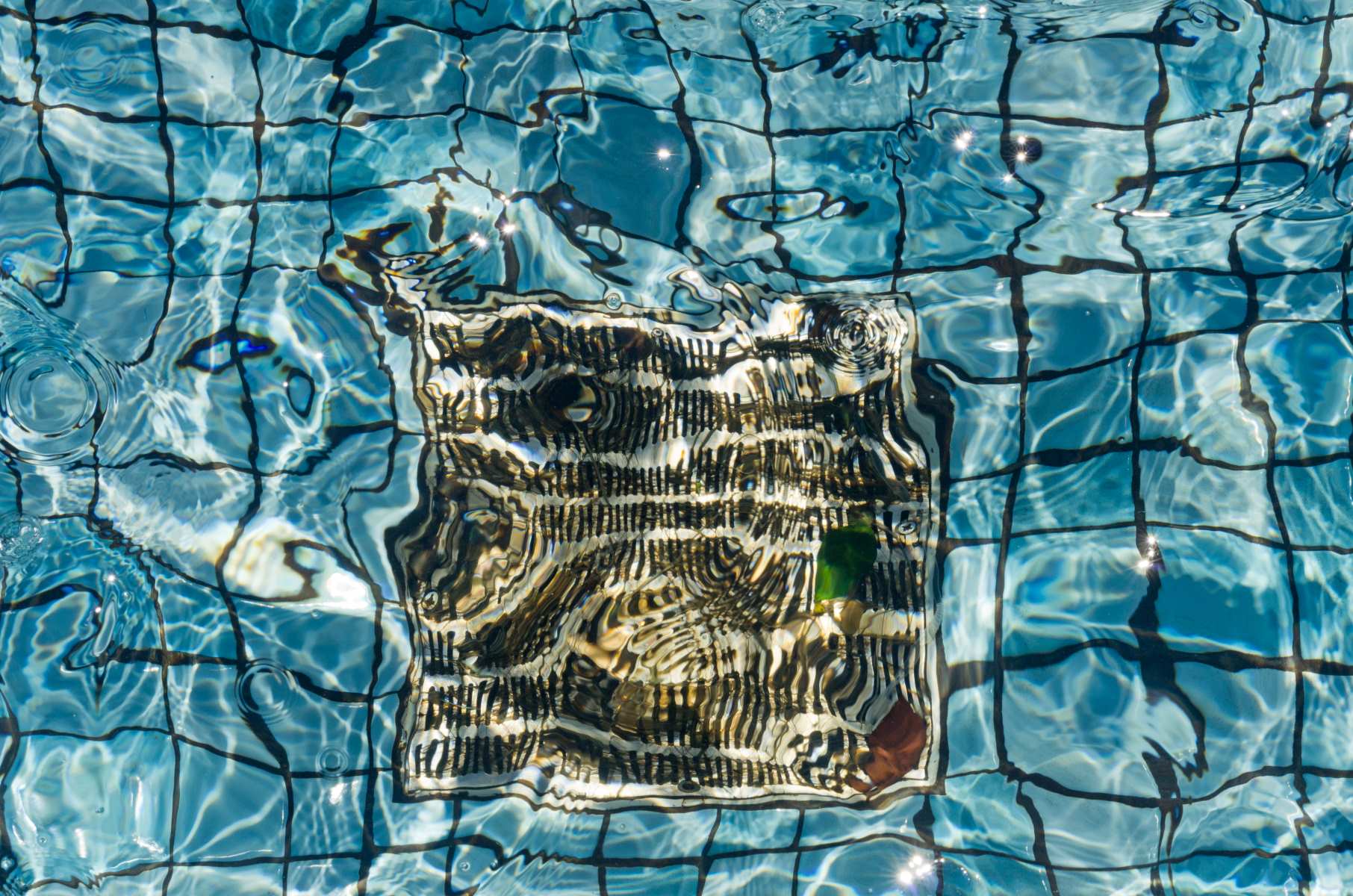
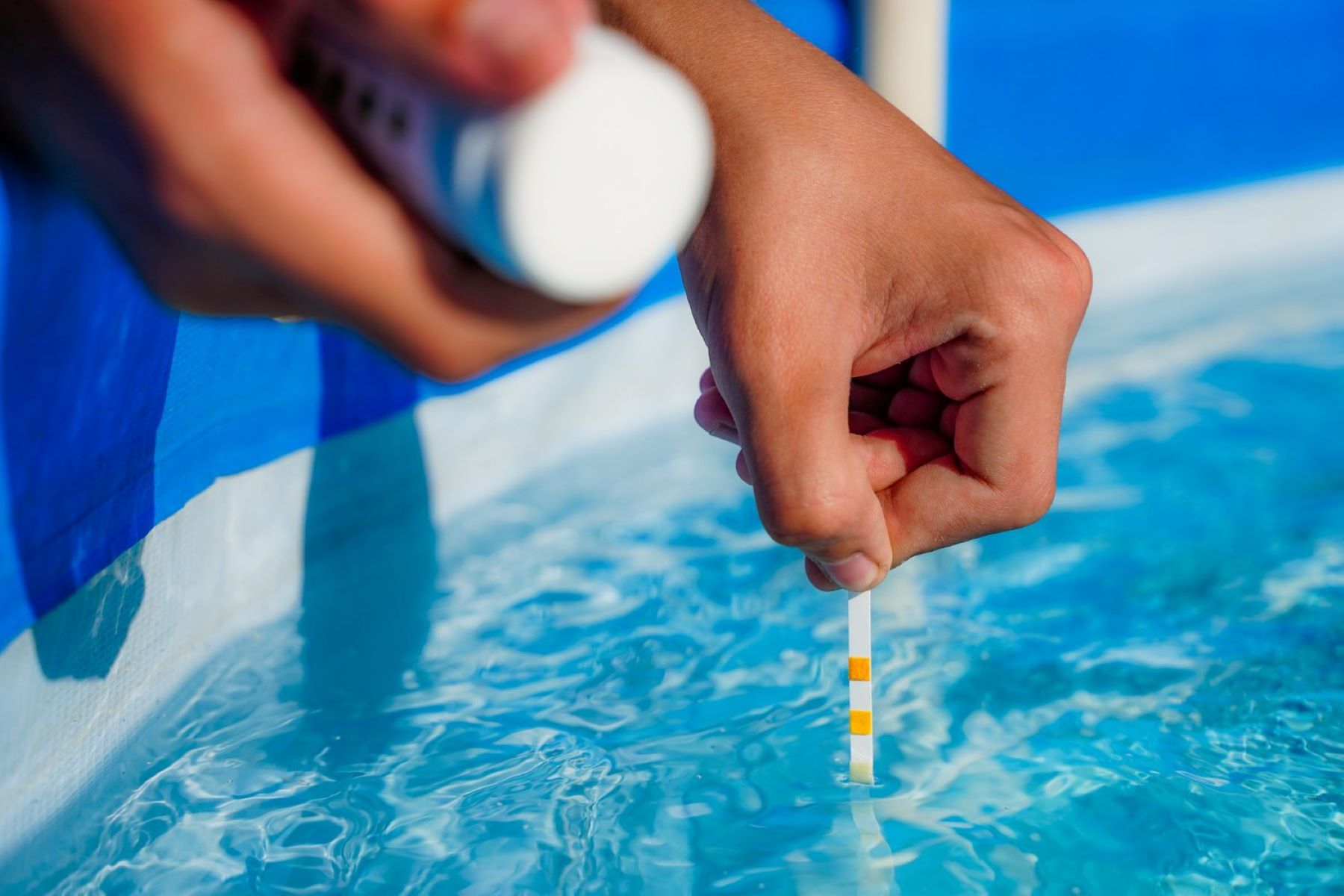
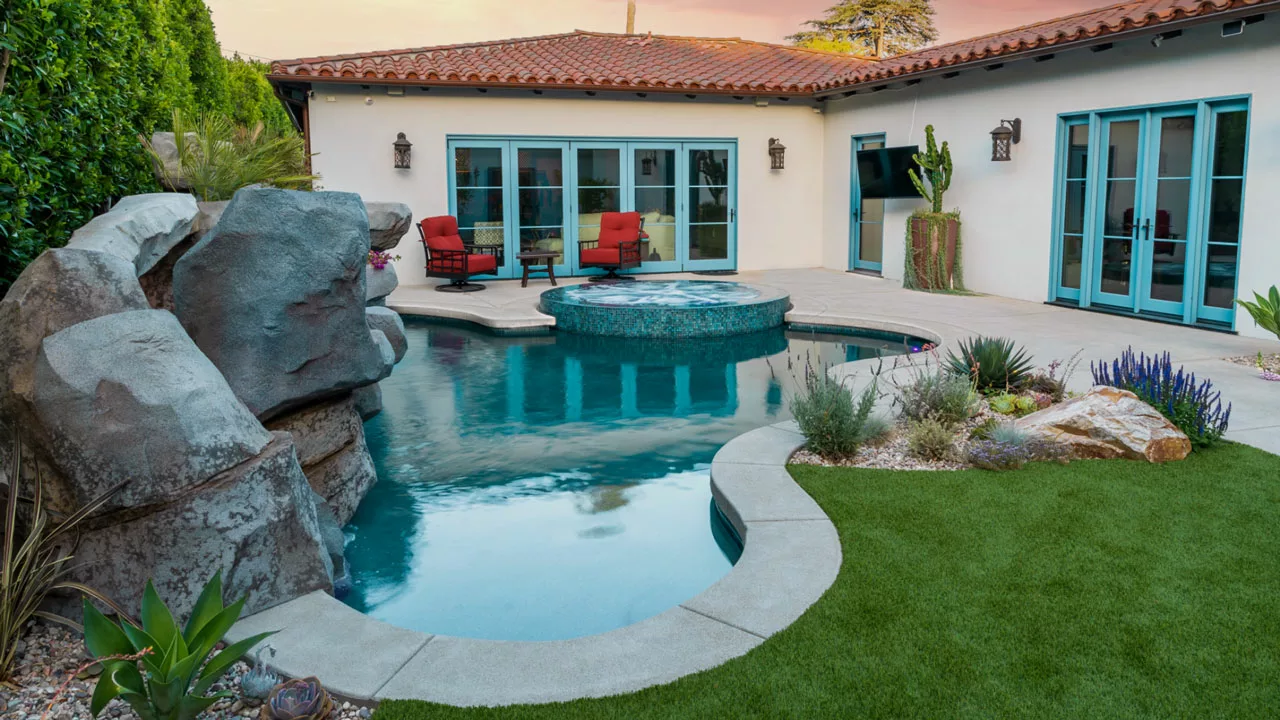
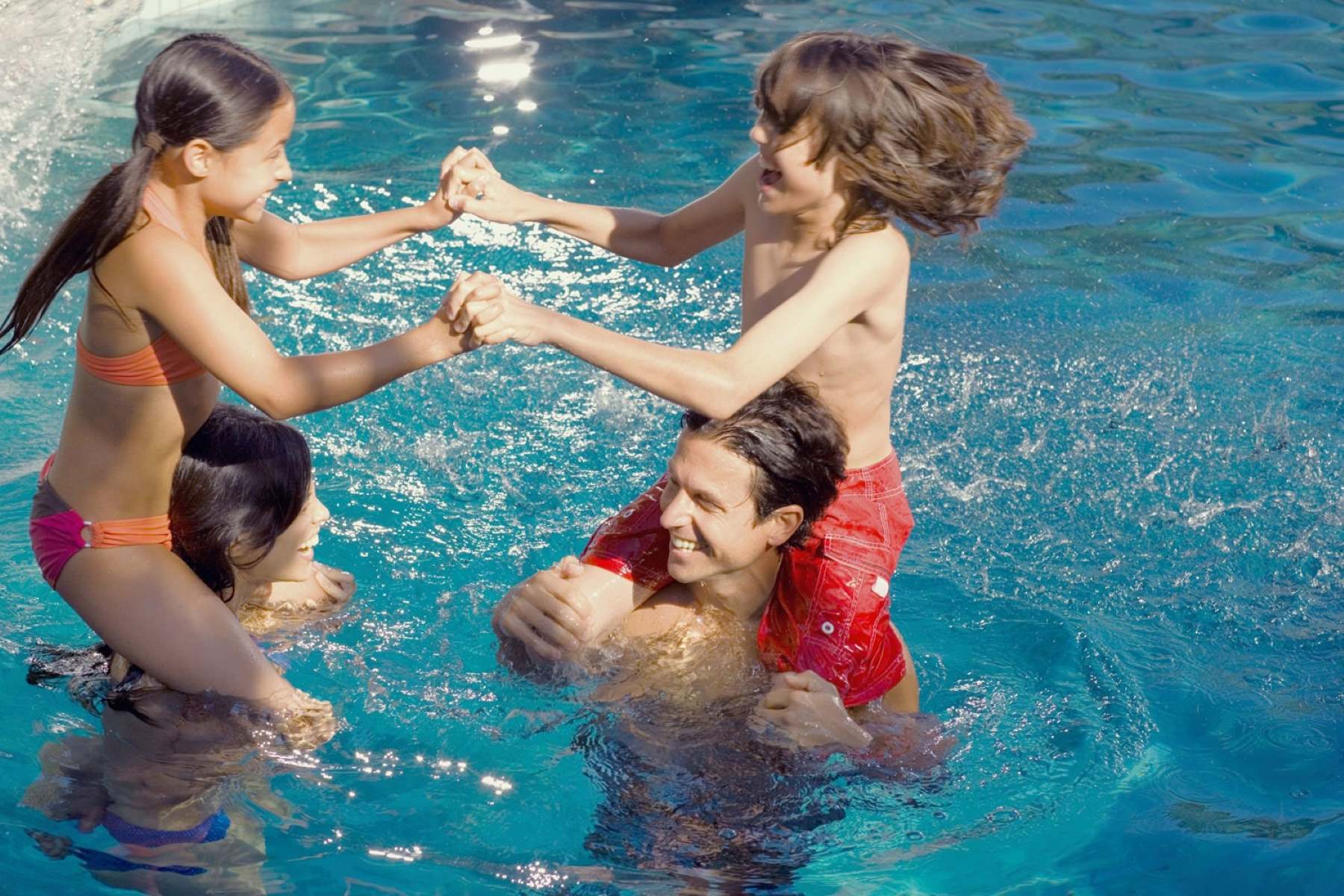
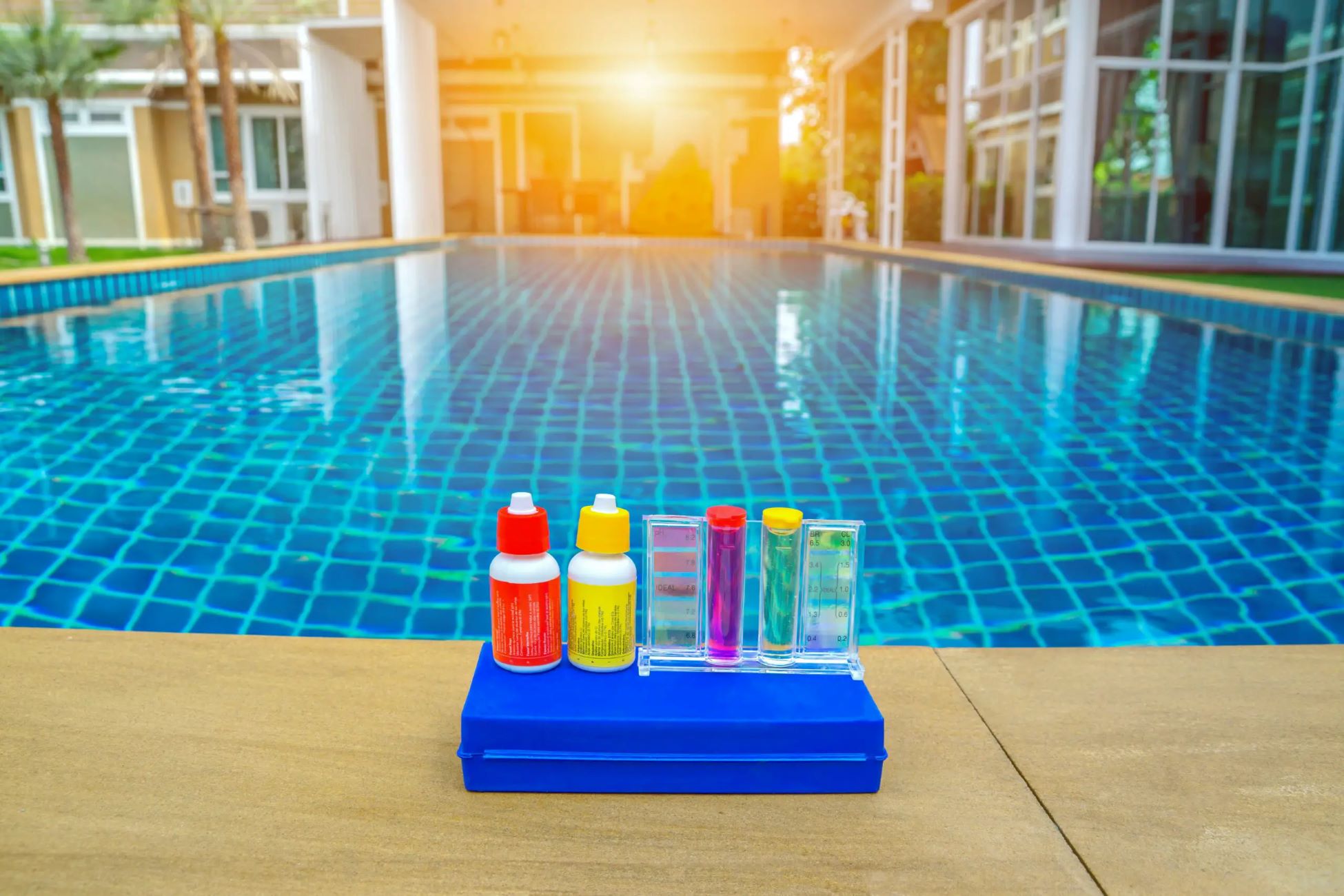

0 thoughts on “What Is A Good Temperature For A Swimming Pool”